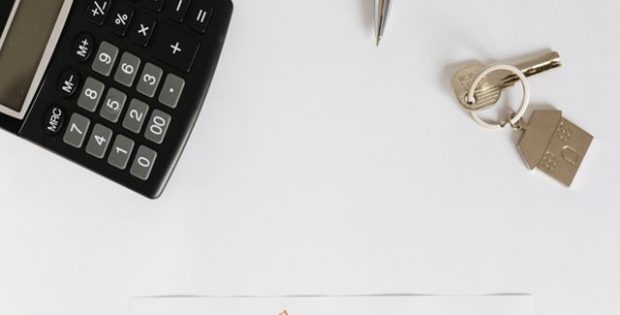
Everything You Need to Know About Interest Rates on Credit Cards
If you have a credit card or plan to get one in the future, it is important to know how interest rates or APR works. The interest rate is the percentage of your total monthly bill that you have to pay in addition to the principal amount. The more you understand about these rates, the better off you are going to be. Those who do not have an intimate knowledge of interest relating to credit cards are usually the ones who get into debt very quickly.
How it Works
Let’s say that you use your credit card to buy something and spend £1,000 total. If you have an APR of 20% with your credit card, you will owe an additional £200. This is assuming that you wait until after the grace period to pay your bill. The grace period is a certain length of time (usually the first couple weeks at the beginning of the month) where you can pay off your card interest-free. Once the grace period is up, you will need to pay the interest along with the principal.
What will my Rate be?
The interest rate that you get with your credit card will depend on a few different factors, including the state of your credit. Those who have higher credit scores tend to get lower rates. Make sure that you know what your interest rate is going to be for your card so that you aren’t surprised when you get your first bill. If you already have a card but don’t know what your rate is, you can contact your bank to find out.
Making Payments
You will be required to make a minimum payment on your credit card each month. It is highly recommended that you pay more than the minimum amount so that you can clear your balance was soon as possible. The lower your payments are, the more interest you will end up being charged. One of the most common reasons for serious credit card debt is people failing to make big enough payments each month.
Those who use a credit card should set automatic repayment for a certain amount each month. This will remove your temptation to only pay as much as you have to. As painful as it may be, it is a great method of getting out of debt as soon as possible.
Balance Transfer Cards
A lot of people get into the habit of transferring their debt from one credit card to another to avoid having to pay more interest. You can take all of the debt on your current card and put it on another one with 0% interest. It is important to keep in mind that the zero percent interest on the other card will only last for a certain period of time. There aren’t any credit cards that are 0% APR forever. This can be a good short-term way to keep your debt down, but it is not an effective long-term solution.
Representative APR
You will also need to know about representative APR, which is the interest rate that financial institutions charge for most of their members. Banks are required by law to give their advertised rates to a majority of people who apply, provided they are customers. The people who get the higher rates are usually those with spotty credit histories.
Finding the Best Interest Rate
The most effective means of finding the lowest rate for your credit card is to just do some research online. The more time you take to look into your credit card options, the easier it will be to get a good overall deal. Some cards come with higher rates than others, but your credit will also impact how high or low it is going to be. If you are currently a college student, there are cards with low introductory rates that you can take advantage of. Just make sure that you know when the introductory period comes to an end.
How to be Responsible with your Credit Card
Whenever you think about buying something with your credit card, you should always remember the interest that you will have to pay on top of the principal. This can be an effective way to reign in your spending. It can be very easy to sink into a deep pit of debt when you don’t allow yourself to think about how much you will actually need to repay when the time comes.
No matter what credit card you have, you will eventually have to pay interest on your purchases. Try to pay off your balance within the grace period when you can. If you are late on a payment, you will be charged extra. Make prompt payments on these bills will keep you out of debt.
